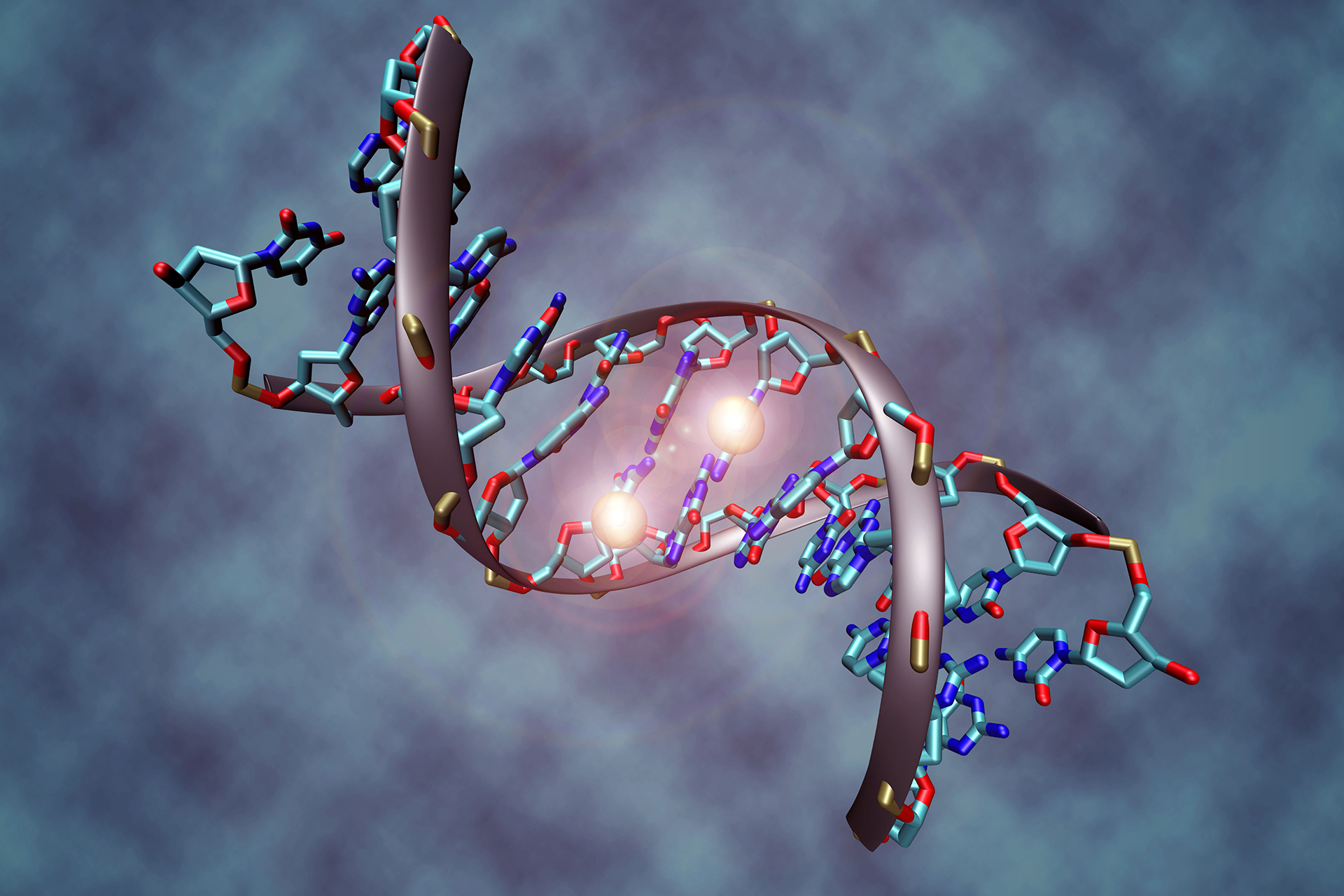| Science Club: Reproduction
BBC2, Tuesday 6 November 2012 Presented by Dara O' Briain |
 |
Have you ever wondered how to extract your own DNA? Or if there's a scientific theory behind what makes the most attractive partner? If so then Dara O'Briain's Science Club is the (only?) programme for you.
It's not often that science and comedy pair up. It's even less often that this pair works to deliver a show that stimulates the grey matter while tickling the ribs. Science Club pulls it off.
The format is simple enough. There's a panel featuring experts in genetics and engineering together with journalist / comedian pundits. The banter is intercut with interviews from the 'who's who' of the science world.
But when I stumbled upon the first episode of the series whilst channel hopping, it grabbed my attention immediately, not a feat that a TV show has managed for a little while. Initially I wondered if Dara O'Briain wasn't trying to pull a Clarkson. The set was pure Top Gear. However, Dara was affixing the picture of a scientist who knitted trousers for frogs to the 'cool wall' in place of the usual Ferrari or Aston Martin.
A repeat viewing revealed Science Club to be cleverly put together, following a schema familiar to any researcher. The show started with the basics, levelling the playing field for those who had no idea where to start. The first year of my undergraduate biomedical science degree was condensed into the first five minutes. Then the theme for the show was established: sex, evolution and inheritance.
The background was built on by Alok Jha, the Guardian's science correspondent, who asked the controversial question of whether the Human Genome Project (HGP) was really worth the $3 billion price tag.
It's not often that the real cost versus value of scientific research is publically scrutinised. When you work in a set-up that bases much of what it does on the HGP's findings it is easy to forget that anybody not sat next to you in the lab would probably have different criteria by which they measure success. They'd probably be more interested in whether your group has helped find new treatments for disease and not whether you've managed to control genetics using a blue light, for example (see BioNews 677).
On to an experiment. DNA from the saliva of audience participants was precipitated using a cocktail shaker and items found in the kitchen (assuming you keep 80 percent alcohol in the kitchen). If you want to know how it's done you'll have a look on the iPlayer as I can't really describe how cool a web of DNA looks in a martini glass. Well, anyway, it looks cool to me.
Ed Byrne then looked into the evolutionary lineage of modern man and delved into theories suggesting we're not 100 percent homo sapiens, sparking a 'who's more Neanderthal?' competition.
The science was occasionally simplified a little too far; the engineer who watched this with me cringed as he was told we still don't fully understand how a bicycle can roll a certain distance unsupported, although I'm still waiting for the explanation.
Still, I was impressed by the explanation of epigenetics. Neuroscientist Dr Tali Sharot demonstrated how epigenetic tags can influence physiology, using mice with the same DNA but dramatically different appearances. To complete the show the panel discussed the potential importance of the epigenome in both short term changes and the potential effect on genetics across generations.
So, all in all, we had an introduction giving the background and asking an important question, a method for DNA extraction, the results of DNA analysis, discussion of what the future holds and a summary of what was covered. Essentially, it's the format used in scientific papers.
Maybe I found this episode easy to follow thanks to my scientific background but I think Science Club is well pitched to cater for all. It moves at a brisk pace with regular doses of humour and diversity of topics but includes enough detail for people with a little extra knowledge. For me, the true test of this will be next week when Dara and friends tackle theoretical and particle physics, the universe and time - a topic that normally leaves my head spinning.





Leave a Reply
You must be logged in to post a comment.